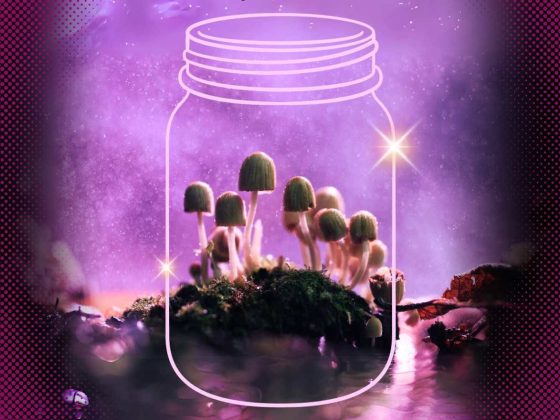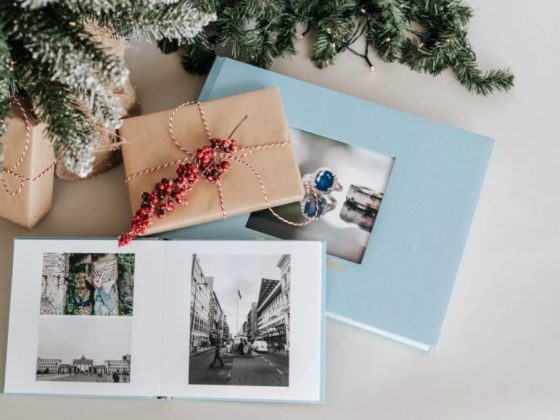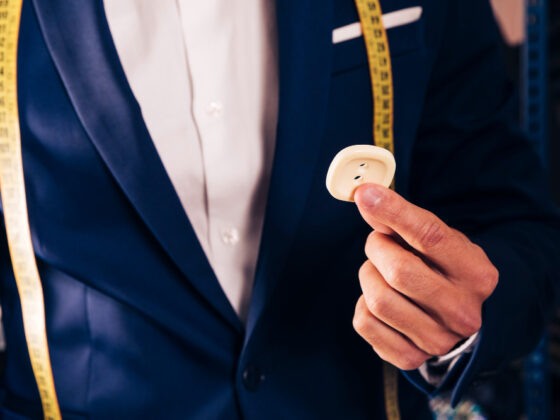Your jewelry box contains some of the most expensive and/or meaningful items in your life. It might be hiding a diamond tennis bracelet or an ancient ring you inherited from your great-grandmother. So how can you keep these items safe and sound? Here are a few jewelry mistakes we’ve all made but should really stop making in the future.
Using unproven DIY cleaning methods
The strongest chemical you can really use on your jewelry is dish soap, so if you come across some other DIY chemical treatments on sketchy blogs, don’t do it. If you see denatured alcohol used on soft stones like pearls, opals or emeralds, don’t do it. If the website recommends toothpaste, it can be too abrasive and damage your jewelry, so don’t do it! Make sure to get your info only from professional websites with experience in jewelry manufacturing and cleaning.
Not getting it professionally cleaned
If you see a well-kept vintage car, you know this vehicle has been taken care of by many professionals. So why do you expect your jewelry to look flawless if you don’t get it looked at by pros? Professionals will clean your pieces, polish them to their previous shine and check for any damage to prevent the loss of stones or the entire piece. Every few years is an okay time for a checkup with professionals, especially if you don’t wear your pieces every day.
Not getting it cleaned at home
You also have to take good care of your jewelry at home. If you notice that sparkle beginning to dull, make sure to grab a polishing cloth, some warm water and mild soap—that’s all you need, especially for soft metals like silver and gold. In case you find some tarnish on your silver pieces, you can rub them with baking soda and water. If you want to learn more about at-home jewelry cleaning, read more on this website and your jewelry will look better than ever!
Showering with jewelry
While your necklace won’t fall apart when dipped in water, making it a habit to shower or swim with your jewelry is not recommended. Prolonged exposure to hard water and soap can leave effects that are very hard to remove. Salt water and chlorinated pool water is even worse. Some pieces can even experience rusting and loosening up of glue. However, if you have a plain gold wedding band you never take off, you’re good in most cases.
Improper storing
If your necklaces often get tangled, don’t store them in pouches, but close them and hang them on a necklace tree. When storing other pieces, make sure to purchase proper jewelry boxes or jewelry drawer inserts so all your pieces can stay separated instead of rubbing and damaging each other. Most expensive pieces are best kept in specialized soft pouches that will protect them from sun exposure and rubbing. Make sure to keep your jewelry away from humid rooms in your house like a bathroom, especially sterling silver that will tarnish faster in such conditions.
Not getting insurance
Start by getting your jewelry appraised by a certified gemologist. After you know how much your pieces are worth, check with your insurance house and see whether your jewelry can be added to your current homeowner’s or renter’s insurance policy. Usually, the cap is very low, only about $1 or $2 per every $100 of your jewelry’s worth. For pricier pieces, you might need a separate policy, but in case something happens to your possessions, every cent you invested in protection will be worth it.
There you go, if you avoid these aforementioned mistakes, your bling will stay sparkly for many, many years to come and it will live to see many generations that come after you.












